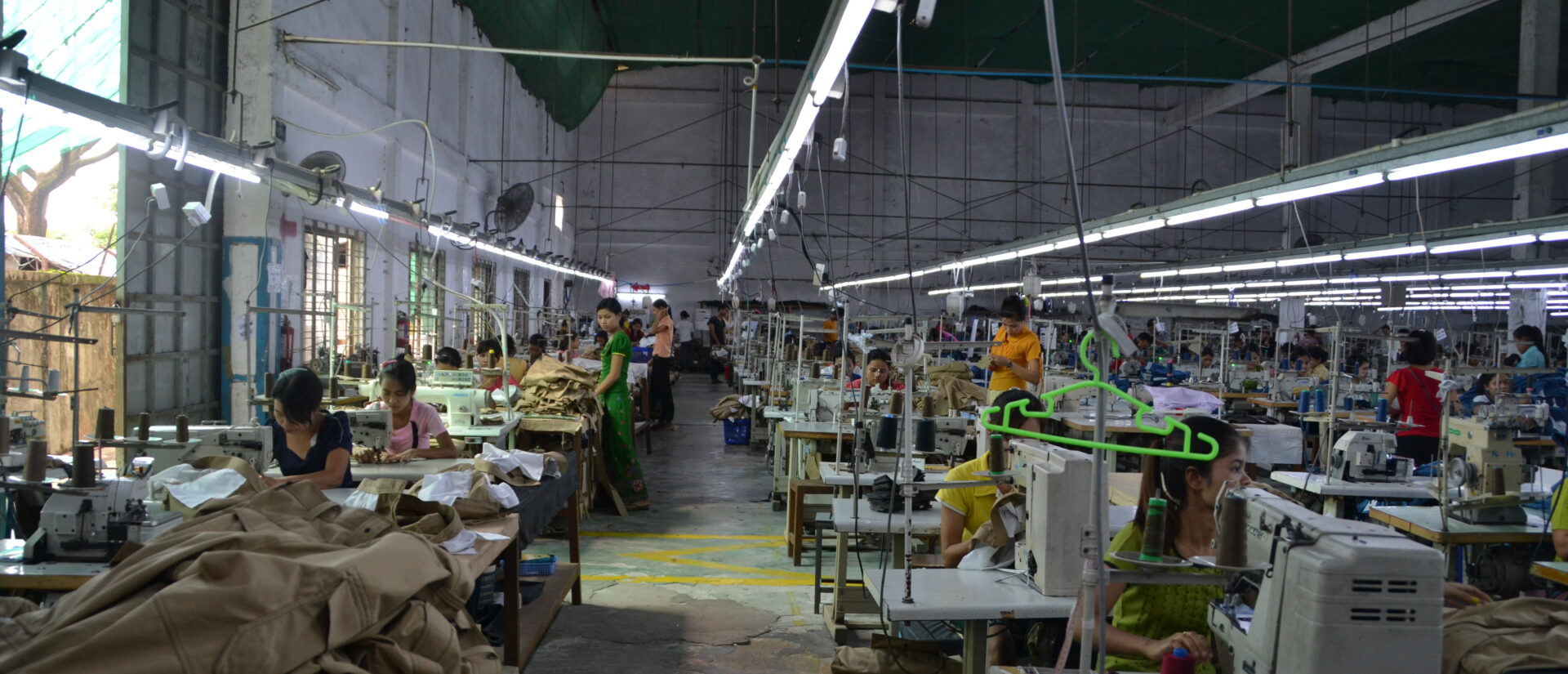
Corporate accountability legislation risks missing the mark in Dutch garment sector
It is doubtful whether corporate accountability legislation will be effective in the future, if the scope of such legislation is limited to large companies only. An analysis(opens in new window) by Clean Clothes Campaign (SKC) and SOMO shows that with a minimum company size criteria of 250 employees, only five percent of the companies in the Dutch garment and textiles sector would be covered by future corporate accountability legislation. Given the severe human rights violations in the garment sector, including exploitation, child labour and underpayment of workers, it is of high importance that future legislation will apply to companies of all sizes.
Scope of corporate accountability legislation
Why all companies need to be included in due diligence and corporate accountability legislation
Several policy evaluations and studies have shown that voluntary policy measures for Responsible Business Conduct (RBC) have been insufficient to tackle abuses in companies’ value chains. Several countries, including the Netherlands, as well as the European Commission, are therefore working on introducing a legal obligation for companies to prevent human rights violations and environmental damage in their value chains. Part of these discussions concern the scope of the law: which companies should be covered by a legal corporate accountability obligation? The Dutch Bill on Responsible and Sustainable International Business Conduct suggests using a minimum company size threshold of 250 employees.
The analysis by SOMO and SKC shows that, of the companies participating in the Dutch Responsible Business Conduct Agreement on Sustainable Garments and Textiles (AGT), only approximately one-third would have to comply with a legal corporate accountability obligation if a 250-employee threshold were used. This contrast is even more striking for the Dutch textiles and garment sector as a whole: an estimated 95 per cent of companies in the sector fall below the 250-employee threshold and therefore outside the scope of the Bill on Responsible and Sustainable Business Conduct. Corporate accountability laws in France and Germany use even higher thresholds, which further limits the number of companies covered by these laws.
Bram Joanknecht (SKC): “These limitations are highly problematic. Human rights abuse in the textiles and garment sector is widespread and requires serious action from all companies. Working with threshold criteria, as has been suggested by the Dutch government and business associations, will ensure that the current voluntary, ineffective system without obligations to prevent human rights violations in value chains will continue to be in place for most companies.”
Legislation must apply to all companies
International responsible business conduct standards, such as the OECD Guidelines for Multinational Enterprises, emphasise that all companies, regardless of size, have a responsibility to respect human rights and the environment. Effective and meaningful due diligence legislation should therefore have no limitation in scope. Legislation will only really work when all companies are obliged to conduct due diligence for responsible business conduct in their value chains.
Do you need more information?
-

David Ollivier de Leth
Researcher
Partners
Related news
-
 The hidden human costs linked to global supply chains in ChinaPosted in category:News
The hidden human costs linked to global supply chains in ChinaPosted in category:News Joshua RosenzweigPublished on:
Joshua RosenzweigPublished on: -
 Major brands sourcing from China lack public policies on responsible exitPosted in category:News
Major brands sourcing from China lack public policies on responsible exitPosted in category:News Joshua RosenzweigPublished on:
Joshua RosenzweigPublished on: -
Linking labour issues in China to global brands Published on:Posted in category:Publication


